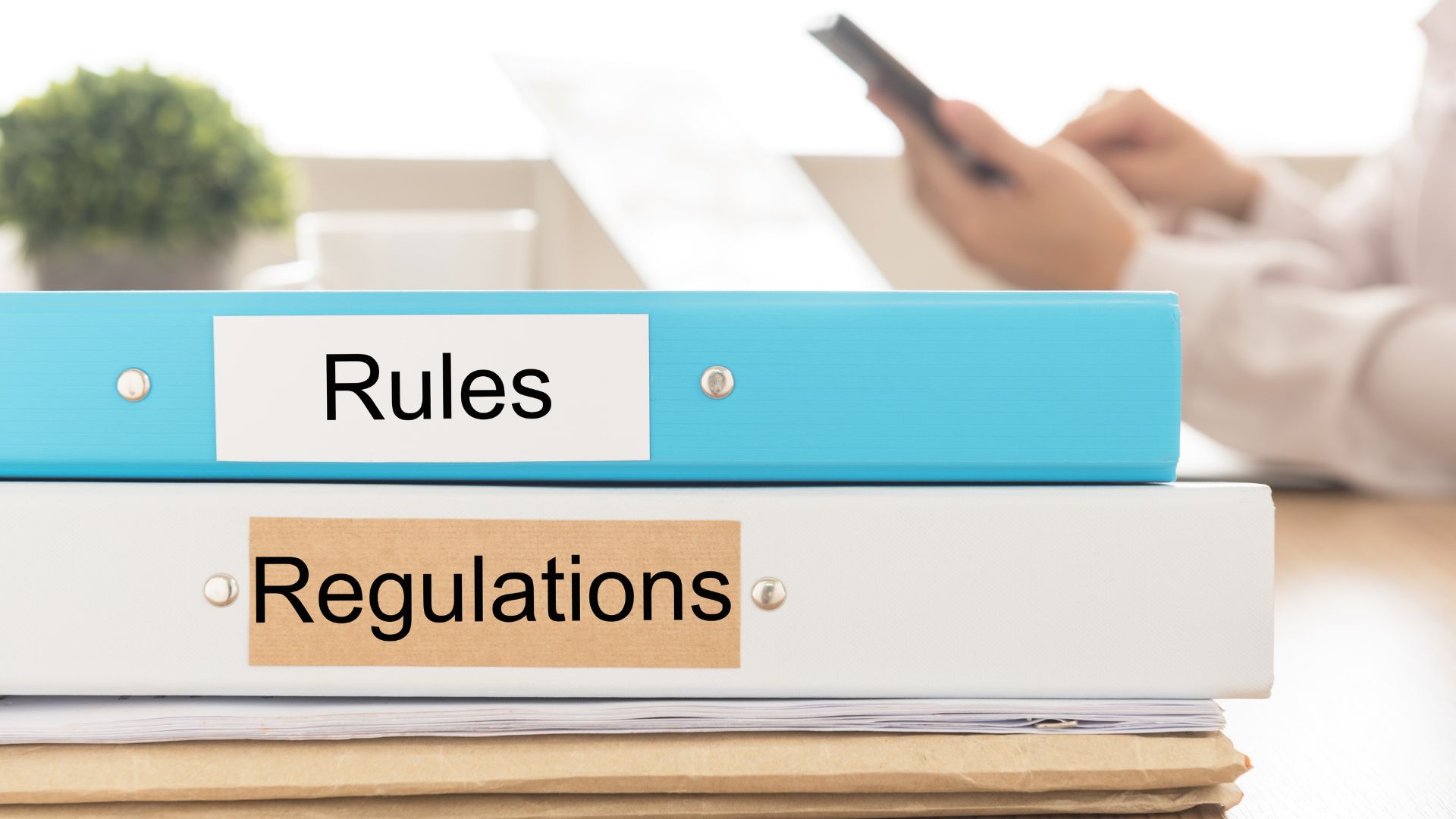Airbnb Regulations in Clearwater, Florida: A Comprehensive Guide for Hosts
Clearwater, renowned for its stunning beaches and vibrant community, offers a popular destination for short-term rentals through platforms like Airbnb. However, property owners interested in entering this market must navigate a strict regulatory landscape.
Key Regulations
Zoning Laws:
- In Clearwater, short-term rentals (STRs) are only permitted in Tourist Districts or Business Districts. Residential properties cannot be rented for periods shorter than 31 days or a calendar month.
- Advertisements for rentals in residential zones can only promote monthly rentals, prohibiting daily or weekly listings.
Licensing Requirements:
- To operate an STR, hosts must obtain several permits, including:
- A Home Occupation Permit
- A Business Tax Receipt
- A Short-Term Rental Permit
- A local representative must be designated who has a local phone number and address, ensuring immediate contact for regulatory compliance.
Safety and Compliance:
- All rentals must adhere to the Clearwater Community Development Code, which sets minimum safety and housing standards. This includes obtaining a Fire Safety Inspection Certificate and proof of liability insurance.
Tax Obligations:
- Property owners must register with the Florida Department of Revenue to manage sales tax and tourist development tax obligations. Failure to comply can result in significant penalties.
Importance of Compliance
Complying with Clearwater’s STR regulations is essential for several reasons:
- Reputation: Adherence to legal standards enhances the credibility and appeal of your rental property.
- Financial Protection: Non-compliance can lead to hefty fines and legal complications, making compliance not just a legal obligation but a financial safeguard.
- Community Relations: Following regulations helps maintain a harmonious relationship with residents, a crucial factor for the long-term success of any rental business.
Steps to Success as an Airbnb Host in Clearwater
- Market Research: Understand local demand, competition, and seasonal trends to determine the best property type and pricing.
- Property Management: Ensure high standards of cleanliness and safety while being responsive to guest inquiries to create a memorable experience.
- Effective Marketing: Utilize online platforms and highlight compliance with local laws in your marketing to attract conscientious guests.
- Community Engagement: Foster good relationships with neighbors and local authorities to ensure support and goodwill.
Conclusion
Starting a short-term rental in Clearwater involves careful adherence to regulations designed to balance community needs with tourism interests. By staying informed about the rules, maintaining high property standards, and effectively engaging with guests and the local community, Airbnb hosts can successfully navigate the dynamic and rewarding market of short-term rentals in Clearwater, Florida.
Airbnb Statistics in Clearwater! 🚀
Currently, there are 1855 Airbnb listings in Clearwater. The
Average Occupancy Rate in
Clearwater is 71% and the average daily rate is
$197.
According to vacation rental market data source Airbtics,
average revenue in Clearwater is
up to $48,297
each year.


